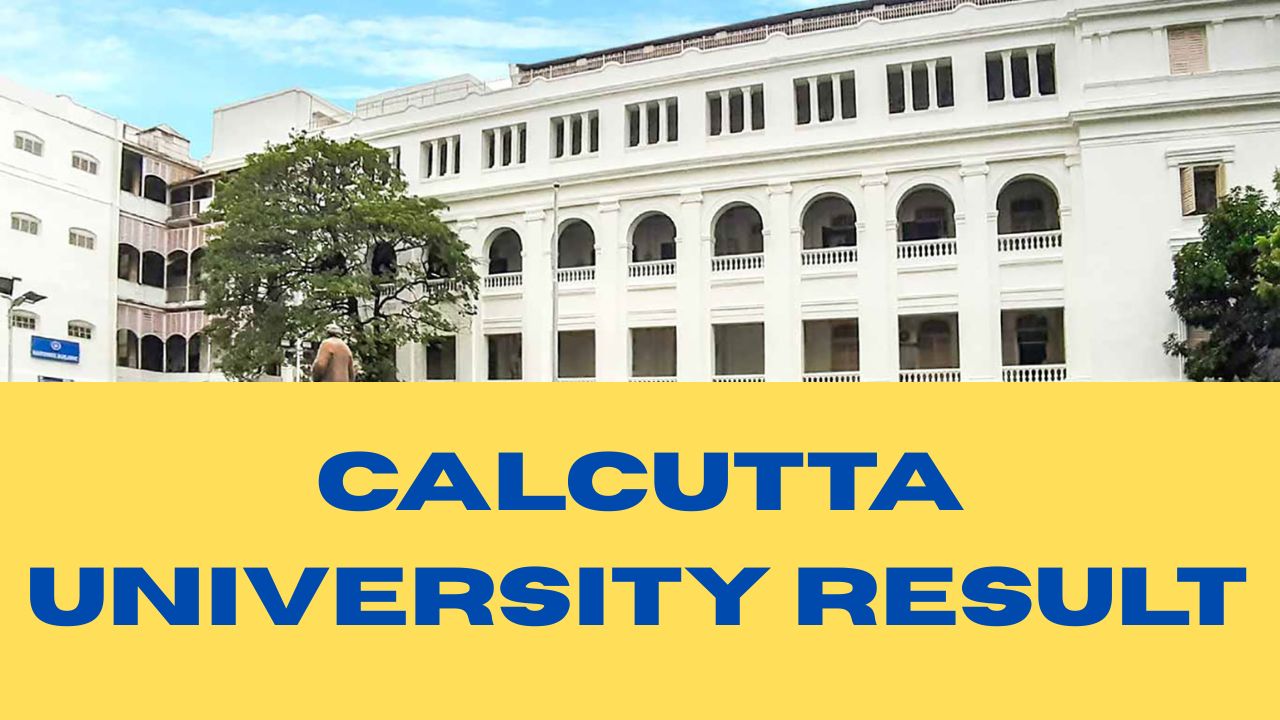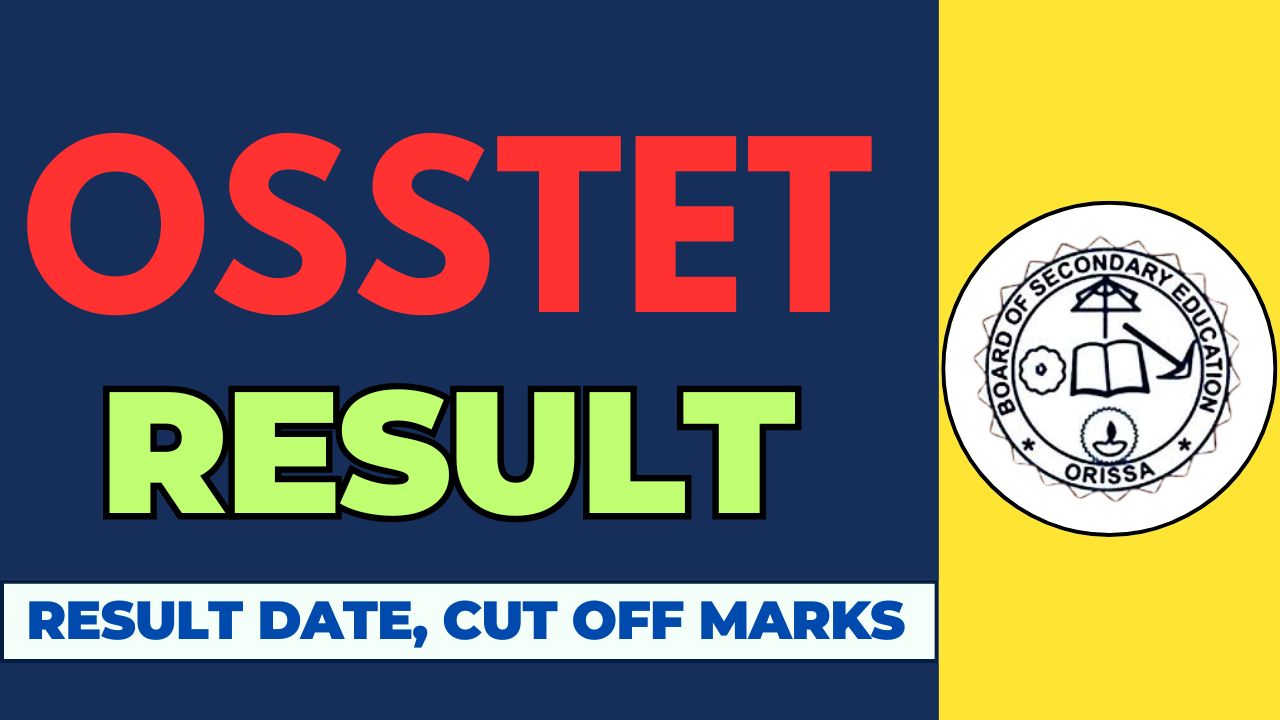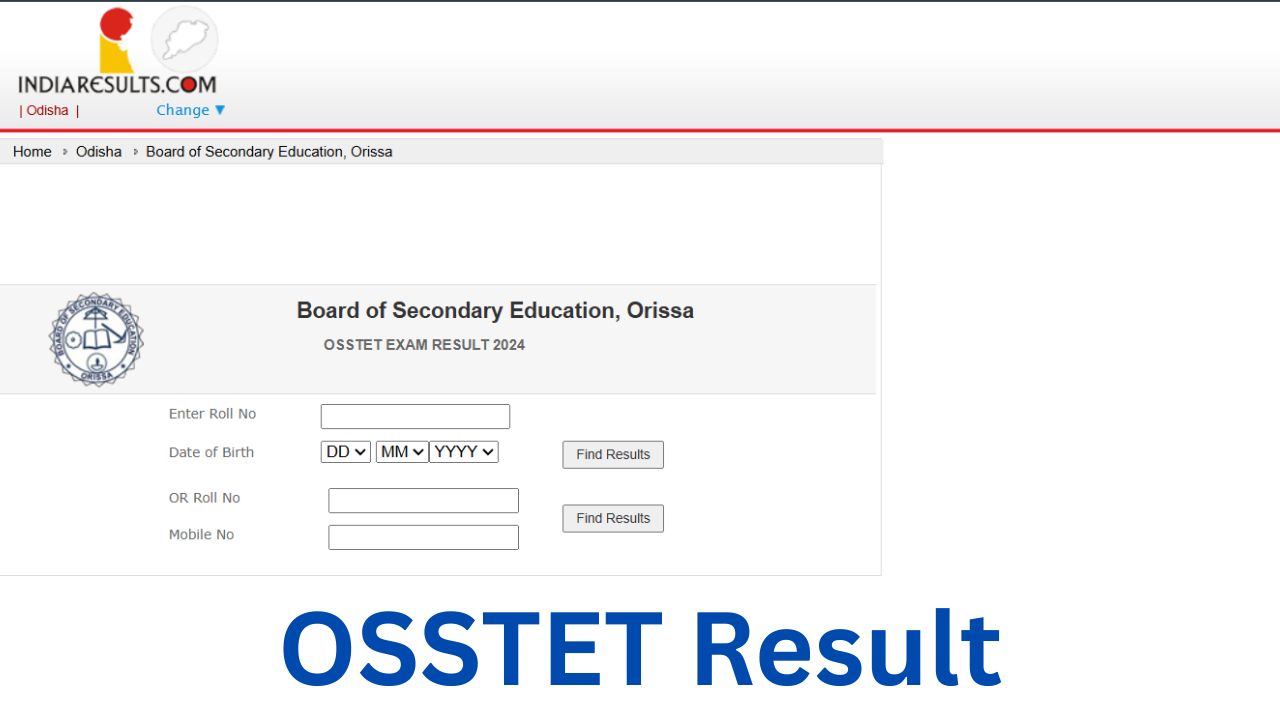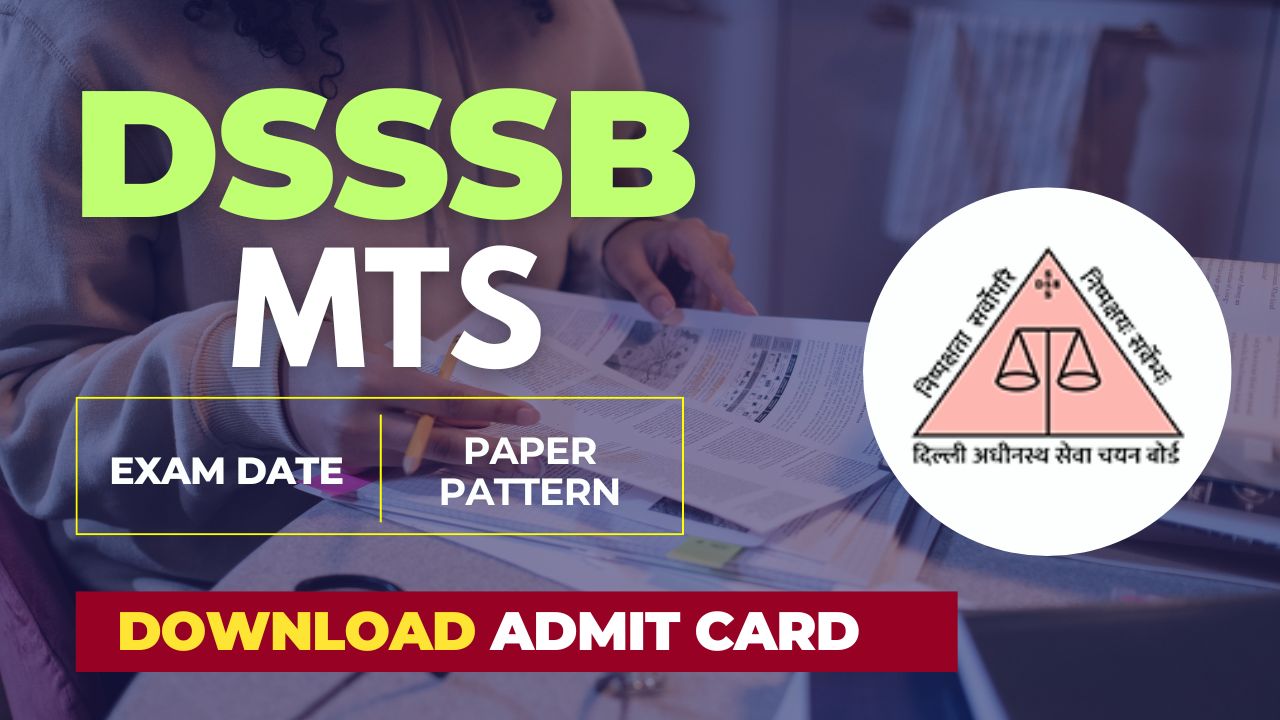Preparing for competitive exams requires a strategic approach, and understanding the syllabus and exam pattern is the first step toward success. The Tamilnad Mercantile Bank (TMB) has released the TMB Bank Syllabus 2025 and Exam Pattern for its upcoming recruitment drive. This article provides a detailed syllabus breakdown, exam structure, key topics, and preparation tips to help you excel in the TMB Bank Exam 2025.
TMB Bank SCSE Syllabus 2025
Tamilnad Mercantile Bank Ltd. (TMB) is one of the leading private-sector banks in India, and its recruitment drives attract thousands of aspirants every year. For the 2025 recruitment cycle, TMB has announced vacancies for the Senior Customer Service Executive (SCSE) post. With 124 vacancies available, this is a golden opportunity for candidates seeking a career in the banking sector.
The TMB Bank Exam 2025 is scheduled for April 2025, and the selection process consists of two phases:
- Online Examination
- Interview
To crack the exam, candidates must clearly understand the TMB Syllabus 2025 and Exam Pattern. This article provides a comprehensive guide to help you prepare effectively.
TMB SCSE Syllabus 2025: Key Sections
The TMB Bank Exam 2025 is divided into five main sections designed to test the candidate’s knowledge, skills, and aptitude. The sections are:
- Reasoning
- English Language
- Computer Knowledge
- General Awareness
- Numerical Ability
Each section is important, and candidates must prepare thoroughly to score well in all areas. Below, we provide a detailed breakdown of the syllabus for each section.
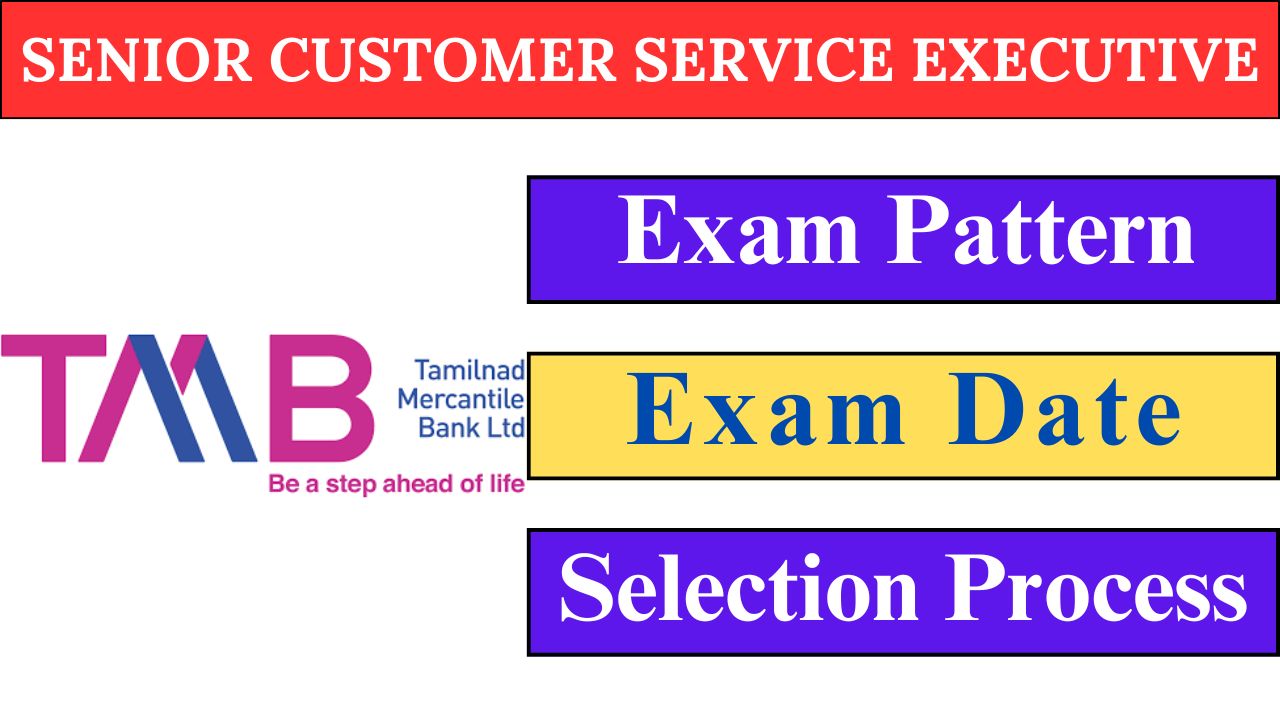
Detailed Syllabus for Each Section
1. General Awareness
This section evaluates your knowledge of current affairs and general awareness. It is one of the highest-scoring sections if prepared well. Key topics include:
- Current Affairs: National and international events, economic developments, and government policies.
- Budget and Five-Year Plans: Key highlights of the Union Budget and economic plans.
- Major Financial/Economic News: Updates from the banking and financial sector.
- Sports: Recent tournaments, winners, and records.
- Awards and Honors: National and international awards, such as the Nobel Prize and Padma Awards.
- Books and Authors: Famous books and their authors.
- Abbreviations: Commonly used abbreviations in banking and finance.
- Science and Technology: Inventions, discoveries, and recent advancements.
- International and National Organizations: Roles and functions of organizations like the UN, WHO, RBI, etc.
- Important Days: National and international days with their themes.
2. English Language
This section tests your proficiency in English, including grammar, vocabulary, and comprehension skills. Important topics are:
- Reading Comprehension: Passages followed by questions to test understanding.
- Grammar and Vocabulary: Synonyms, antonyms, idioms, and phrases.
- Jumble Words: Rearranging words to form meaningful sentences.
- Sentence Framing: Constructing grammatically correct sentences.
- Fill in the Blanks: Completing sentences with appropriate words.
- Spotting Errors: Identifying grammatical errors in sentences.
- Prepositions: Correct usage of prepositions in sentences.
3. Reasoning
This section assesses your logical and analytical thinking abilities. Key topics include:
- Number Series: Identifying patterns in number sequences.
- Alphabet Series: Completing letter sequences based on patterns.
- Blood Relations: Solving problems related to family trees.
- Decision Making: Analyzing situations and making logical decisions.
- Analogy and Arguments: Identifying relationships between pairs of words or statements.
- Venn Diagrams: Solving problems using Venn diagrams.
- Coding-Decoding: Deciphering codes based on given patterns.
- Non-Verbal Series: Completing patterns in visual sequences.
4. Numerical Ability
This section evaluates your quantitative aptitude and problem-solving skills. Important topics are:
- Percentage, Profit, and Loss: Calculations involving percentages, profits, and losses.
- Time, Speed, and Distance: Solving problems related to time and distance.
- Number System: Understanding concepts like LCM, HCF, and divisibility rules.
- Simplification: Solving complex mathematical expressions.
- Ratio and Proportions: Problems involving ratios and proportional relationships.
- Data Interpretation: Analyzing and interpreting data from tables, graphs, and charts.
- Mensuration: Calculating areas and volumes of 2D and 3D shapes.
5. Computer Knowledge
This section tests your basic understanding of computers and their applications. Key topics include:
- MS Word and MS Excel: Basic operations and functions.
- MS Windows: Navigating the operating system.
- Basic Computer Operations: Understanding hardware, software, and networking concepts.
TMB Bank SCSE Exam Pattern 2025
The TMB Bank Exam 2025 is conducted online and consists of five sections. Each section has a specific number of questions, marks, and time duration. The exam is entirely in English. Below is the detailed exam pattern:
| Section | No. of Questions | Maximum Marks | Duration |
|---|---|---|---|
| General Awareness | 25 | 25 | 15 minutes |
| English Language | 30 | 30 | 20 minutes |
| Reasoning & Computer Aptitude | 30 | 30 | 25 minutes |
| Quantitative Ability | 25 | 25 | 25 minutes |
| General Banking | 40 | 40 | 35 minutes |
| Total | 150 | 150 | 120 minutes |
Preparation Tips for TMB Bank Exam 2025
- Understand the Syllabus: Start by thoroughly understanding the TMB Syllabus 2025. Identify your strengths and weaknesses in each section.
- Create a Study Plan: Allocate time for each section based on your proficiency level. Focus more on weaker areas while maintaining your strengths.
- Practice Regularly: Solve previous years’ question papers and take mock tests to improve your speed and accuracy.
- Stay Updated: For the General Awareness section, regularly read newspapers, magazines, and online resources to stay updated on current affairs.
- Revise Thoroughly: Regular revision is key to retaining concepts and formulas. Make short notes for quick revision.
- Time Management: During the exam, manage your time wisely. Allocate time to each section based on the number of questions and difficulty level.
- Stay Positive: Maintain a positive attitude and stay motivated throughout your preparation.
Importance of Mock Tests and Previous Year Papers
Mock tests and previous year’s papers are invaluable resources for exam preparation. They help you:
- Understand the exam pattern and difficulty level.
- Identify frequently asked questions and important topics.
- Improve time management skills.
- Build confidence and reduce exam anxiety.
Make sure to include mock tests in your preparation strategy and analyze your performance after each test.

